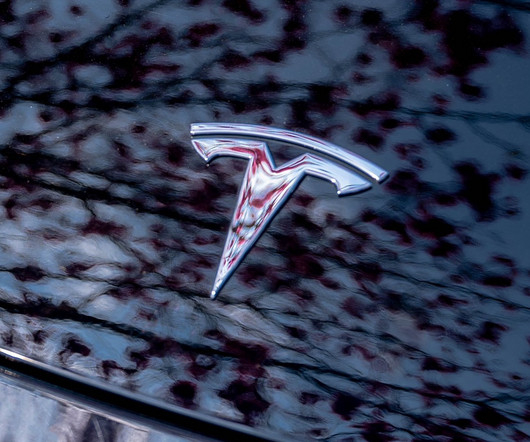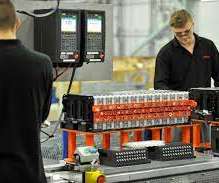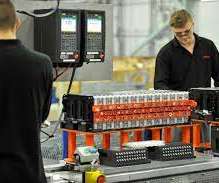New Flyer unveils Xcelsior CHARGE H2 bus; first to offer two fuel-cell-electric models eligible for federal funding
Green Car Congress
MARCH 13, 2019
(“NFI”), the largest bus manufacturer in North America, unveiled the Xcelsior CHARGE H2—ts fuel cell-electric heavy-duty transit bus—and announced that both the forty-foot and sixty-foot model have successfully completed the Federal Transit Administration (FTA) Model Bus Testing Program at Altoona, Pennsylvania (Altoona Testing).

























Let's personalize your content